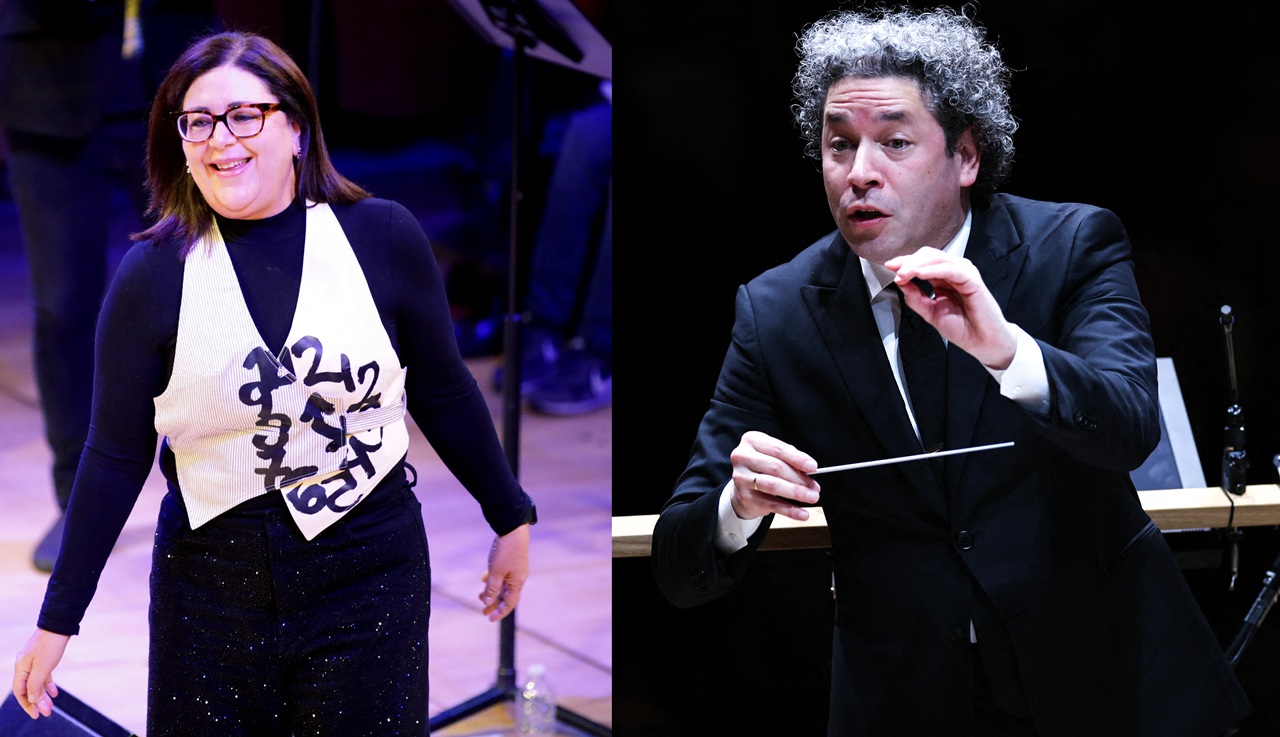
George Washington Carver High School students create record label
The studio released its first single just months after opening. A longer EP is expected this summer.
Music education holds a vital role in the development of many young students, but its importance is often overlooked in the same educational settings.
Music lessons have been found to benefit brain development, and musical training can have smaller beneficial effects on non-music intellectual performance, according to SOUNDS Academy.
In a study by music researchers Gottfried Schlaug and Christian Gaser, musicians aged 9 to 11 were also found to have more grey matter volume — in many brain regions — than non-musicians, based on brain scans.
In Philadelphia, music programs can offer young students enriching experiences and insights into the arts. For some students, musical programs greatly enhance their schooling experience.
The need for music programs in the city was uniquely met this past year at the George Washington Carver High School of Engineering and Science, where students banded together to create their own school-supported record label, as was first reported in the Philadelphia Inquirer.
During the 2020 pandemic, Carver High School launched Carver Records, a record label for students to utilize when exploring musical projects, or music-based career options.
Students occupy every role of Carver Records, including the talent, marketing, design, and executive producers among others. Some benefits of the program are a chance to get high-level experience in music, therapeutic benefits, and access to a unique music project.
Carver Records released its first single just months after its inception: “Never Change.” The song carries a fun pop beat, relaxed bass, and chilled verses, showcasing Carver students' abilities to assemble a collaborative project.
The single was created by Carver students, and is attributed to Carver Sound, with features from student artists Zeii, Kidd Phantom, and MC-E.
Carver Records plans to release an EP later this Summer.
The single was executive-produced by Carver graduate Caleb Autry. The head of social media and marketing is Amoya Donaldson, another Carver graduate. Both Autry and Donaldson are now both mentoring younger students on the project.
Carver Records was conceptualized in-part by music entrepreneur Andy Hurtwitz and We Workin’ Entertainment business partners Amyronn DesVignes-Pope and Devon Curtis.
DesVignes-Pope and Devon Curtis — who works professionally under the name DJ Swelly — are both alumni of Carver High School.
RELATED CONTENT
Hurwitz, Curtis, and DesVignes-Pope donated time and expertise organizing the project and mentoring students for it to take off.
The project technically cost the school zero in expenses, as the district had already owned licenses and equipment. Other expenses were donated.
The importance of music programs have been questioned in the school setting, while opportunities and resources in the area have been routinely cut from students high school-age-and-under.
This is especially an issue in Philadelphia, as some schools’ inclusion of music programs and some that exempt them create unbalanced opportunities.
The lack of music programs in the city is not a new obstacle. According to the Philadelphia Inquirer, “a few [Philadelphia schools] have no arts programs at all — a legacy of high-stakes testing, budget cuts, hiring and scheduling challengers, or other factors, officials said.”
Music programs are often seen as an area of low importance in the grand scheme of school curriculums. The National Center for Education Statistics found that when schools undergo budget cuts, music programs are most immediately in danger.
It was evidenced that schools offering music programs see an average 90.2% graduation rate, as opposed to a 72.9% graduation rate for schools without them.
The stats are just one way to prove music education in schools is important. The continued funding of music programs, and the creation of new, innovative projects such as Carver Records, may be the key to keeping it in education.

This article is part of Broke in Philly, a collaborative reporting project among more than 20 news organizations focused on economic mobility in Philadelphia. Read all of our reporting at brokeinphilly.org.










LEAVE A COMMENT: